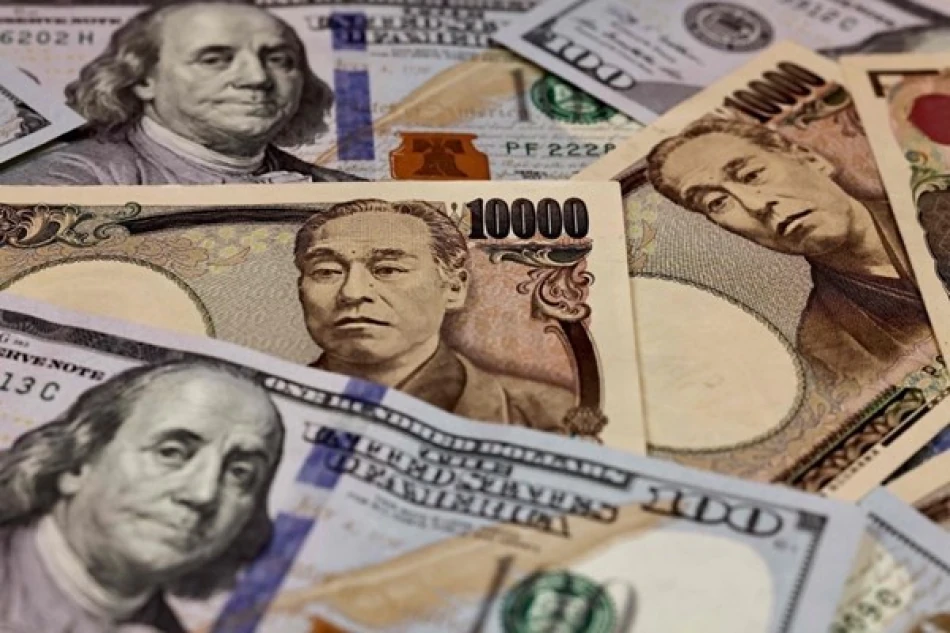
Japanese Yen Drops to 2-Month Low Against US Dollar: Economic Implications Explored
The Japanese yen hit a two-month low against the dollar Tuesday and reached an all-time low against the euro, as Japanese government bond yields spiked to record highs ahead of a debt sale. The currency weakness comes amid broader dollar strength and European political uncertainty following the French government's collapse.
The yen dropped 0.2% to 150.59 against the dollar after touching 150.62 earlier in the session - its weakest level since August 1st. Against the euro, Japan's currency fell even further to 176.35, marking a historic low.
This latest decline puts the yen back near levels that previously triggered intervention concerns from Japanese authorities. The currency has been under pressure as the Bank of Japan maintains its ultra-loose monetary policy while other central banks keep rates elevated.
Adding to the yen's troubles, yields on 30-year Japanese government bonds climbed to all-time highs before Tuesday's debt auction. Higher yields typically signal investor concerns about fiscal sustainability or inflation expectations, both challenging dynamics for a country trying to escape decades of deflation.
The euro faced its own headwinds after French Prime Minister Sébastien Lecornu and his government resigned Monday, adding another layer of political instability to Europe's economic outlook. The euro retreated against both the dollar and British pound in the previous session as investors digested the French political crisis.
Meanwhile, the dollar index - which measures the greenback against a basket of major currencies - edged up 0.05% to 98.17. The euro remained relatively stable at $1.1705, showing resilience despite the French political turmoil.
For currency traders, the yen's weakness presents both opportunities and risks. While exporters like Toyota and Sony benefit from a weaker yen boosting overseas earnings, importers face higher costs for energy and raw materials. The Bank of Japan now faces a delicate balancing act between supporting economic growth and preventing excessive currency depreciation that could fuel unwanted inflation.
Most Viewed News

 Layla Al Mansoori
Layla Al Mansoori






